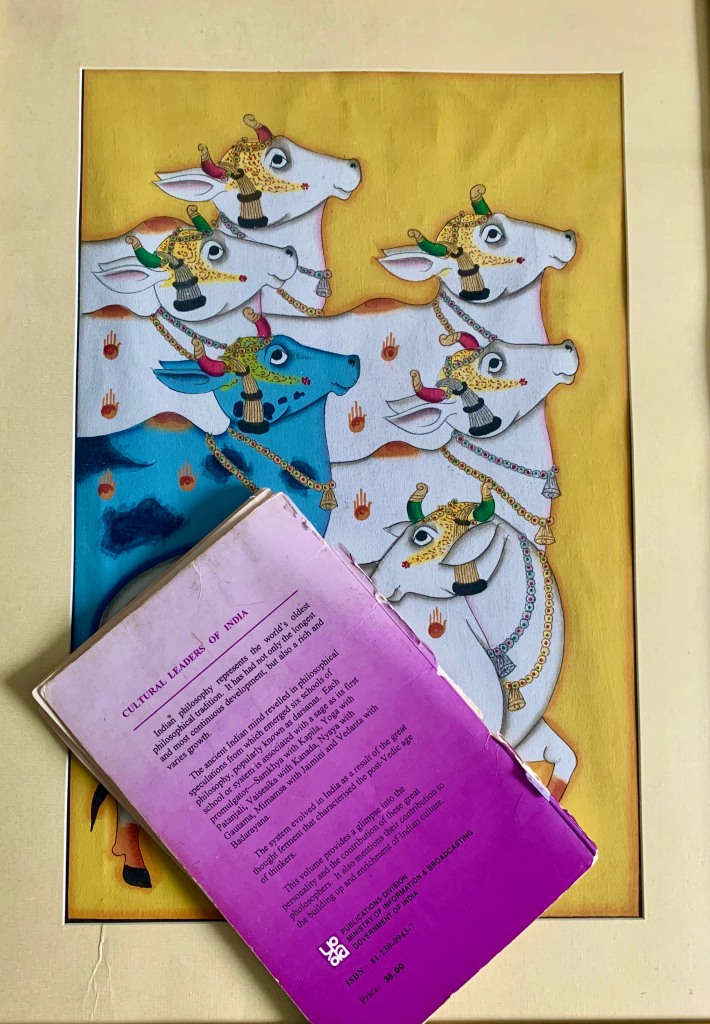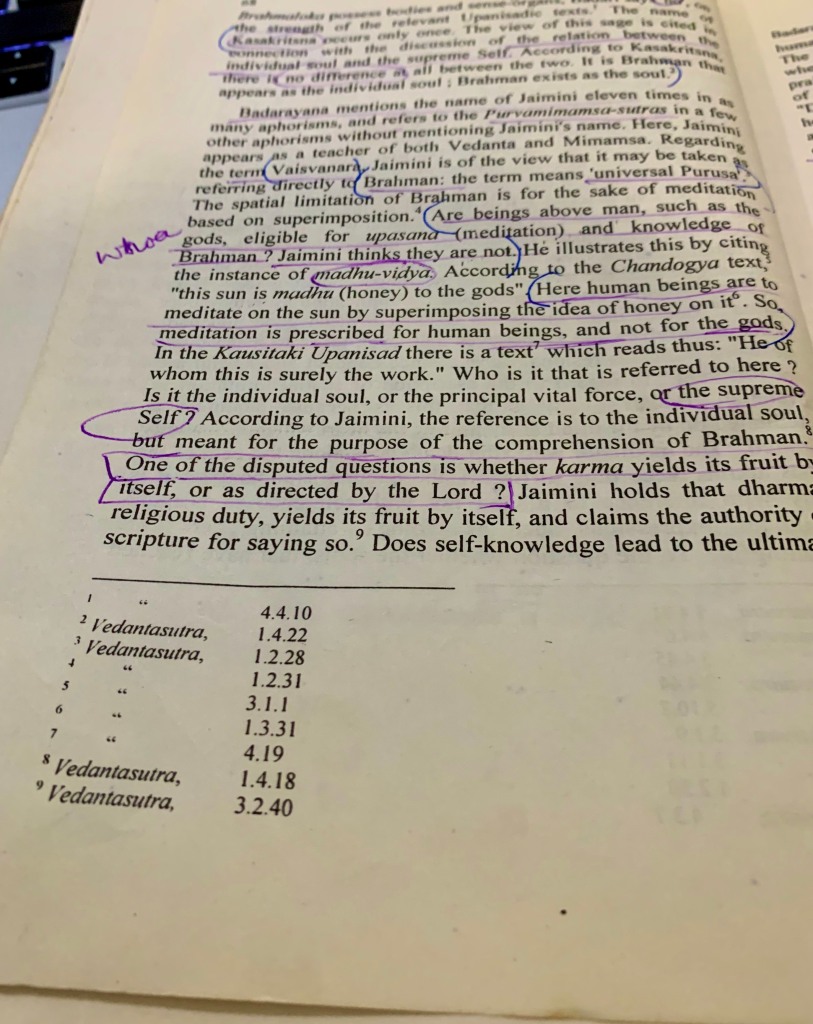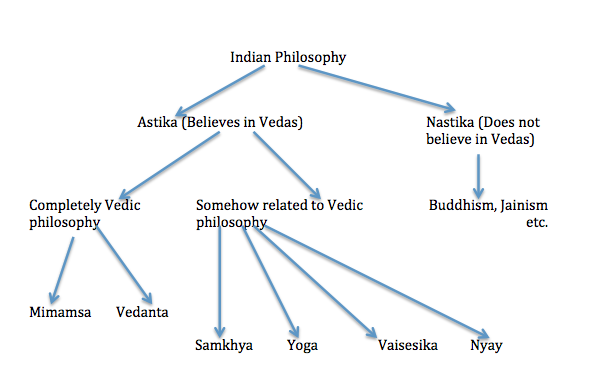I have not studied philosophy academically ever. I have some kind of minimum idea about western philosophy by reading rudimentary books such as “Sophie’s World”.
However I am ashamed to say I didn’t have any idea about Indian philosophy. In fact I did not even know there is any kind of Indian philosophy. Like any common Indian, I know the stories from Ramayana, Mahabharata and various Puranas. I have never studies Vedas, Upanishadas or Sastras. It was in the back of my mind vaguely that those contain stories from mythologies, praises for Gods, and rituals.
When I had a revelation about Indian philosophy apart from feeling stupid, I strongly felt to amend my ignorance. I bought few books but could never read one till now.
In between I read another book, which discusses about part of Indian philosophy almost in an academic gusto. It is not an Indian book but a Japanese book. It is Yukio Mishima’s Spring Snow. Reading Spring Snow made me more keen on Indian philosophy.
While preparing the reading challenge for 2020, I decided to definitely read something on Indian philosophy.
This current book published by Ministry of Information and Broadcasting must have been lying with me since a decade. This lucidly written book is ideal for beginner seems to be popular. First published in 1975, the book has been reprinted 4 times by 2001. I have no idea if the book still in print. This book is a part of a series called Cultural Leaders of India.

By the way, I had bought the new copy of the book for 35 Rupees, in this millennium.
Information and knowledge is filled in each word of this slender book with 70 pages. One needs to understand each line. One may have to go back and forth again and again to understand/remember the context. It is very easy to get overloaded with information so I read only one chapter per day (to be completely honest one chapter some time took more then couple of days with rereading to completely comprehend). And to make comprehension easier I wrote my musing simultaneously.
It took a long time to understand one chapter even with liberal amounts of underlines and notes on the margin. On side note: my book is now looking like an undergrad’s reference book.

This piece is not a review of the book. Here I have tried to sum up what I learnt from the book as a complete beginner.
The preface is written by the editor of the book Mr. V. Raghavan giving a nice introduction.
Indian philosophy is the oldest philosophic tradition of world. The preface is a nicely written piece outlining the major schools of Indian philosophy. And no, God is not central to these ideas. The philosophies explore the life, afterlife and how to lead a better life. While exploring these ideas, God may act as an agent sometime to make a connection here and there.
The concepts of Astika (theism) and Nastika (atheism) are not defined in terms of whether one believes in God or not but in terms of believe in Vedas and Punarjanma (reincarnation). Although conventionally philosophies of Buddhism and Jainism are considered Nastika but they also have heavily borrowed from various Astika schools’ ideas.
The following chart shows the broad classification of Indian philosophy.

The 6 schools are further classified in 3 groups (Samana-tantras) based on their common areas.
A. Samkhya – Yoga: Yoga has accepted Samkhya’s philosophical framework. Only difference is Samkhya does not clearly and undisputedly mentions a God whereas some Yoga schools accept God as the supreme guru (teacher).
B. Vaisesika – Nyay: Both are schools of realism and pluralism.
C. Mimamsa – Vedanta: Both are directly linked to Vedas. But apart from this common link they are fundamentally different with the paths of Moksha (Nirvana) being different. For Mimamsa it is rituals while for Vedanta path to Nirvana is wisdom.
The book narrates the ideas of 6 philosophers, supposed to be the chief promulgator of the 6 different schools of Indian philosophy.
I can’t sum up all the experiences I have reading the book. It is quite moving as an atheist (in the western sense) one sees God is not imposed on us by our systems of philosophy. The book has made me immensely keen and enthusiastic to study more on Indian philosophy.
(Continued in Musing on Founders of Philosophy (II): Kapila by A. G. Krishna Warrier)
[…] https://jeeta.wordpress.com/2020/07/28/musing-on-founders-of-philosophy-i/ […]
[…] one book on ancient Indian tradition, religions, and philosophies every year. Last year I read a book on 6 major schools of Indian philosophy. This year I picked up this book on Goddess Kali which had […]
[…] in one of those crores of gods? Actually it is not. I was under the same misconception till I read Founders of Philosophy couple of years back. Hindu philosophy is about higher knowledge. Then why most of us practising […]